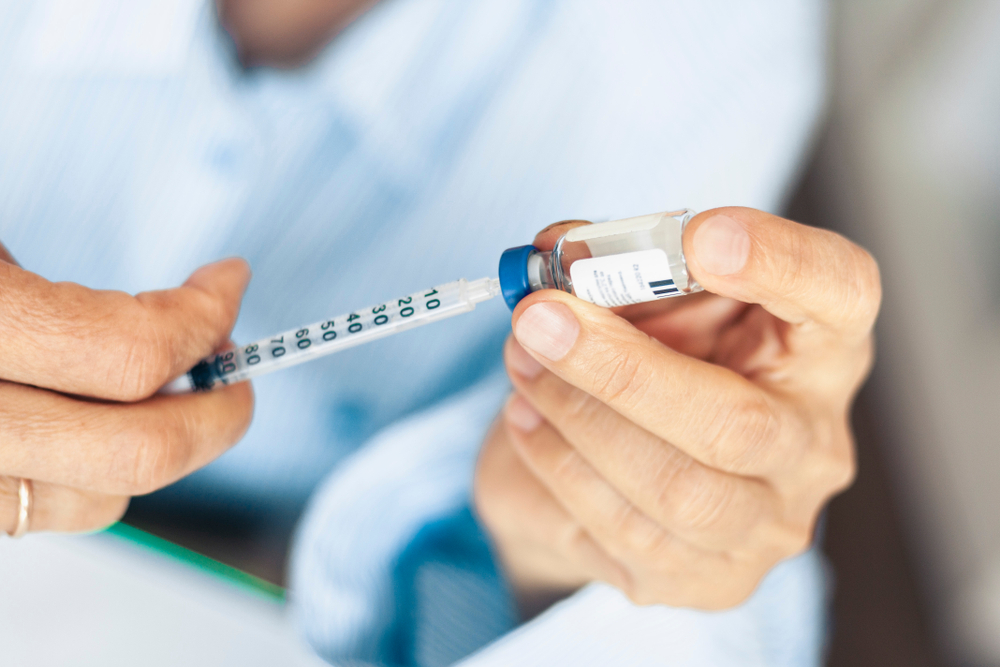The Importance of Accurate Measurements in Insulin Administration
In managing diabetes, accuracy is not just important but essential. Among the many critical aspects of effective diabetes management, precise insulin administration stands out as a key factor. Precision in insulin dosing can make a significant difference in maintaining stable blood sugar levels and avoiding potentially life-threatening complications. This article explores the crucial role of precise measurements in insulin administration, including the tools, techniques, and challenges involved in achieving this level of accuracy.
The Importance of Accurate Measurements in Insulin Administration
When it comes to managing diabetes, precision is a matter of life and death. Incorrect insulin dosing can lead to fluctuations in blood sugar levels that can result in serious complications. Under-dosing insulin may cause high blood sugar levels, leading to symptoms like increased thirst, frequent urination, fatigue, and diabetic ketoacidosis. On the other hand, overdosing insulin can lead to low blood sugar levels, resulting in dizziness, confusion, seizures, and even loss of consciousness.
Factors Impacting Precision in Insulin Administration
Achieving precision in insulin administration is a complex process influenced by various factors. One key factor is the variability in insulin concentrations and types available. Different insulin types have different onset, peak, and duration of action, requiring careful calculation to match the dose with the individual’s needs.
Other factors like injection technique, site rotation, and injection site condition can affect how well insulin is absorbed and its effectiveness, underscoring the importance of consistent and accurate administration methods.
Tools and Techniques for Ensuring Precision
Modern medicine provides a range of tools and techniques to help achieve precision in insulin administration. Devices such as syringes, pens, and pumps offer users options that suit their preferences and lifestyles. Insulin pens are convenient and easy to use, while pumps provide continuous insulin infusion, allowing for precise dose adjustments throughout the day.
Continuous glucose monitoring (CGM) systems have transformed diabetes management by providing real-time glucose readings, enabling users to make informed decisions about insulin dosing based on their current levels and expected changes.
Addressing Challenges and Limitations
Despite advancements in insulin delivery technology, challenges persist in achieving precision in insulin administration. Psychological barriers, economic constraints, and technical difficulties can hinder accurate insulin administration, particularly for marginalized communities. Ensuring access to education, training, and proper resources is essential for overcoming these barriers.
Enhancing Precision Through Education and Training
Education and training are key in empowering patients and healthcare professionals to achieve precision in insulin administration. Programs focusing on dosing calculations, injection techniques, and device usage can equip individuals with the knowledge and skills needed to manage diabetes effectively. Ongoing training for healthcare providers ensures they can offer personalized guidance and support to patients.
Future Innovations in Insulin Administration
Ongoing research and innovation offer new possibilities for enhancing precision in insulin administration and transforming diabetes care. Advances in insulin delivery technology, like closed-loop systems, and the development of novel insulin formulations hold promise for improved glycemic control and reduced risks of complications.
As technology advances and our understanding of diabetes grows, the future of precision in insulin administration looks brighter than ever before, offering hope for better health outcomes and improved quality of life for individuals with diabetes.
Conclusion
Prioritizing accurate measurements in insulin administration is crucial for effective diabetes management and long-term health. By embracing precision and the available tools and techniques, individuals with diabetes can better control their condition and lead healthier lives. Continuous innovation and efforts to ensure equal access to diabetes care are essential in the ongoing fight against diabetes and its complications.
















